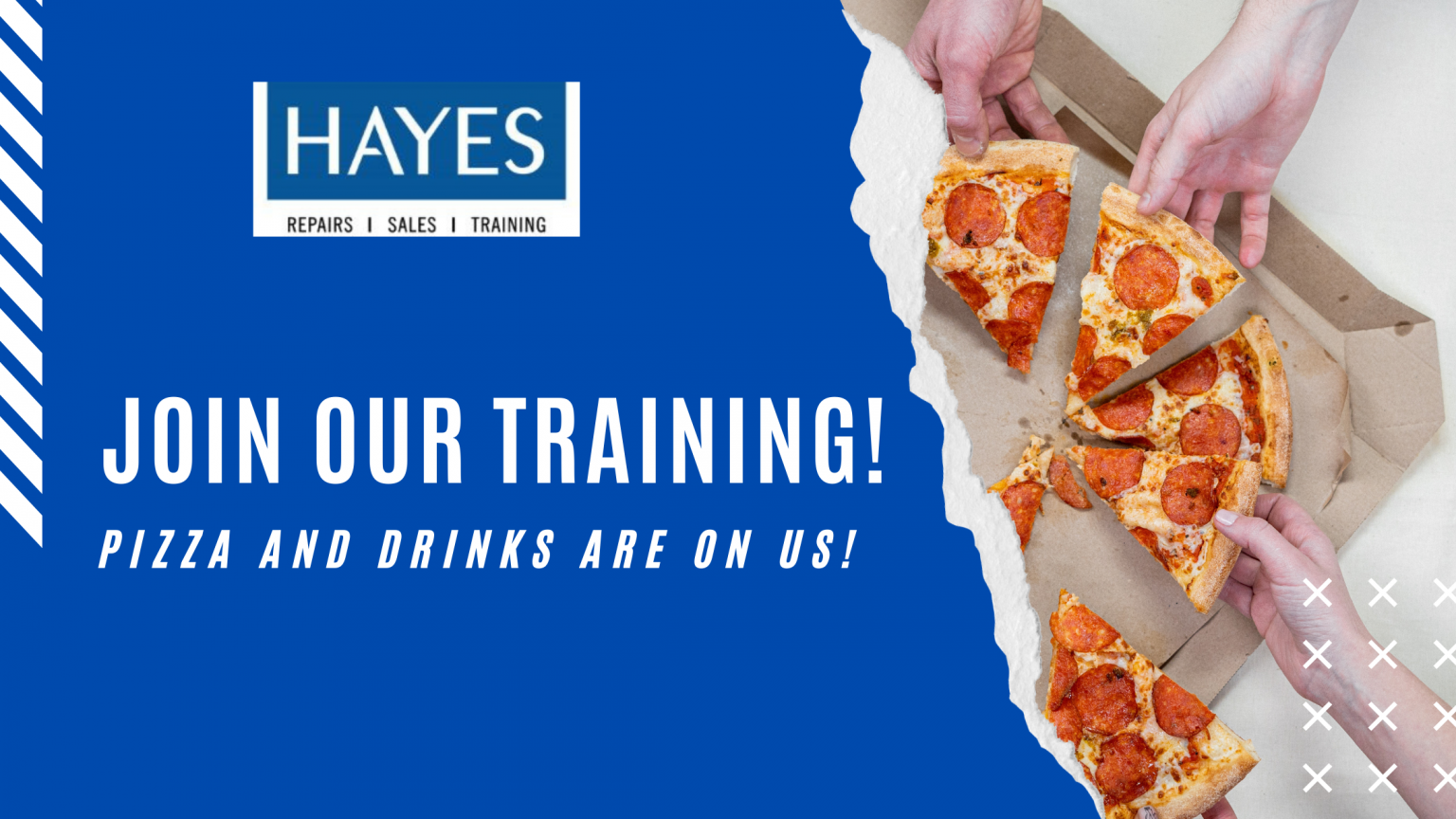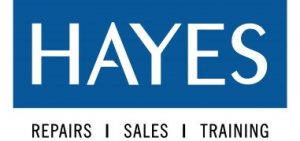- Home
- Professional Dental Staff Training
STAFF TRAINING
Professional Dental Staff Training
The dental industry is changing fast. Technology is advancing almost faster than we can keep up and Dental practice owners are being forced to adapt and change their practices accordingly.
To ensure that patients receive the best care possible means learning new skills and adopting new technologies.
That means training your dental staff including dental assistants, hygienists, office managers and anyone else in your practice dealing with patients or equipment.
Training staff is expensive and can be considered boring (by your staff). But it doesn’t have to be.
At Hayes, we make training fun by bringing Pizza and Beer (or other drinks) during the training so your team can actually enjoy themselves.
Our dental training courses can also be delivered online or in the evenings after patient schedules to ensure there is no disruption to your practice.
Dental OSHA Training
The OSHA (Occupational Safety and Health Administration) requires dental offices to complete an annual course in order to maintain their license. This course includes topics such as blood-borne pathogens, sharps injury prevention, and emergency procedures.
While attending these courses, dentists learn how to protect themselves against various hazards. They also receive information regarding proper sterilization techniques and how to properly dispose of used equipment. Dentists are required to attend continual training both general and specialty courses annually.
Dental HIPPA Training
In order to comply with HIPAA regulations, dentists must ensure that patient information remains confidential. This includes keeping records secure and ensuring that these records cannot be accessed without permission.
Dentists also need to make sure that they keep patient files safe and out of reach of unauthorized personnel.
This is because there are many ways that someone could access patient data without authorization. For example, a dentist may leave a file unattended while he goes to lunch. Or, a person might steal a file from a filing cabinet.
To protect themselves against such risks, dentists must follow strict security procedures when handling patient records. These include locking cabinets and storing files in locked offices.
Patients should also be informed about how their personal health information is stored and handled. If they choose to opt-out of having their records shared, they should sign a form stating that they wish to remain anonymous.
CE Credits
The best way to describe CE credits is that they are an indication of how much education a dentist has received. This can include courses taken online or offline.
CE credits are also used to determine whether or not someone is qualified to practice dentistry.
For example, a person may have completed dental school and passed the state board exams but did not receive any CE credit because he/she took classes online. In order to become licensed, the individual would have to complete additional hours of clinical training.
In addition to completing more hours of clinical training, a person would also have to pass another exam called recertification.
Recertification is required each year after licensure. If a person fails the recertification exam, he/she cannot continue practising dentistry.
CE credits are required for all clinicians within a practice including hygienists and Doctors.
There are two types of CE credits: continuing education (CE) and recertification credits.
Continuing Education Credits:
These are credits earned while working toward becoming a licensed dentist. A dentist can earn these credits by taking courses offered by accredited schools. These courses are usually taught by instructors certified by the American Dental Association.
Hayes training courses can allow you to earn up to 4 CE credits for each attendee, through ViVa Learning, keeping your dental office staff up to date and eligible to keep running your practice.
CDC Guidelines
The CDC provides guidelines for dental practices in the United States. These guidelines include recommendations on dental procedures for the prevention, diagnosis, treatment, and control of oral diseases.
These guidelines also address the role of dentists in preventing and controlling infectious diseases.
In addition, these guidelines cover topics such as the importance of fluoride, proper nutrition during pregnancy, and the benefits of regular dental care.
At Hayes Handpiece we have experts in CDC guidelines on our staff to help ensure that we can help you with any regulatory requirements.




